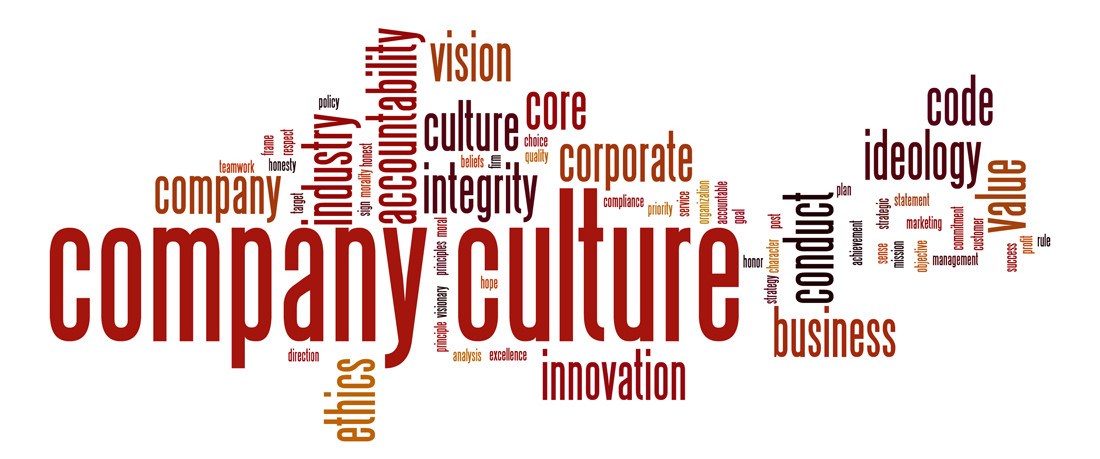Aside from the unpleasantness, bad company culture is also bad for your career.
Successful people tend to work for winners, and a good company culture has been shown to drive long term financial performance. Work for a happy place, and you’ll likely do better in life. However, that brings up a question. How can you know anything about a company’s culture when you only go for a single interview? Believe it or not, there are signs.
Shane Atchison, CEO at POSSIBLE shares his list of ‘red flag’ indicators of company culture:
As an advertising agency, my company does interviews with dozens of potential clients every year. Over time, we’ve come up with a list of red flags for company culture. No one of them, by itself, should turn you off. But if you see, say, five of them, you may have a problem on your hands. Here they are:
1. They make a big deal out of the Ping-Pong table.
Having a Ping-Pong table is fine; bragging about one is not. Why? The corporate world has somehow equated owning one with having a fun loving-culture. If your potential employers emphasize theirs, it may be a sign they’re checking off boxes rather than giving their employees what they really want.
2. The place is a dump.
Whenever I walk into an office, I look along sight-lines. If I see boxes sitting in the aisles and chairs piled up in meeting rooms, I know no one cares about the place. And there is probably a good reason why.
3. Only the leaders have offices.
We’re always leery of a place where everyone has a cube except for the bosses. That usually indicates a hierarchical structure in which management and employees are at odds.
4. No one talks about culture.
Companies should try to sell you on their culture. If the person interviewing you only wants to talk about your qualifications, ask yourself what she’s not telling you about the work environment.
5. Leadership demonstrates bad culture.
Culture always flows from the top. You may not have a chance to meet senior management, but you can probably track down a video of them. Your initial reaction may speak volumes about how much you’ll enjoy working at the company.
6. Your interviewer talks about excellence.
Every organization strives to succeed. That’s a given. A company that emphasizes excellence may also hold its employees to unachievable standards. Rather than focusing on your job, you’ll be worrying about your job.
7. It just seems weird.
A happy workplace should hum. Some people should be up, moving around, and talking to one another. They should not seem bored or stressed. So take a look around, and ask yourself if the average person seems happy or not.
8. The company values are posted on the wall.
If you see this, don’t bother with the interview. Simply find the nearest exit and walk through it.
9. It’s five o’clock, and everyone is buried in work.
If you can, schedule your interview late. Five o’clock gives you a great opportunity to see how a company manages the work-life balance. A few people working late are fine, but some should be heading home.
10. If they ask you if you have a question, ask this:
“How much time do you spend with your coworkers after 5 p.m., and doing what?” Good answers include having a beer and playing softball. Bad answers include anything to do with work, unless it happens only occasionally.
A lot of people would say that work should be a place for work and that these days any job is a good one. Agreed. Obviously you should get the job you can if you’re having trouble finding one. But if you have a choice of employers, try for one with a good culture. You’ll be happier, and your career will thank you.
In fact, the only downside to a good culture is that you’ll never become famous for ranting about your boss on Twitter. Then again, that 15 minutes is probably best left to someone else.
Adapted from an article originally published on Forbes Leadership.





